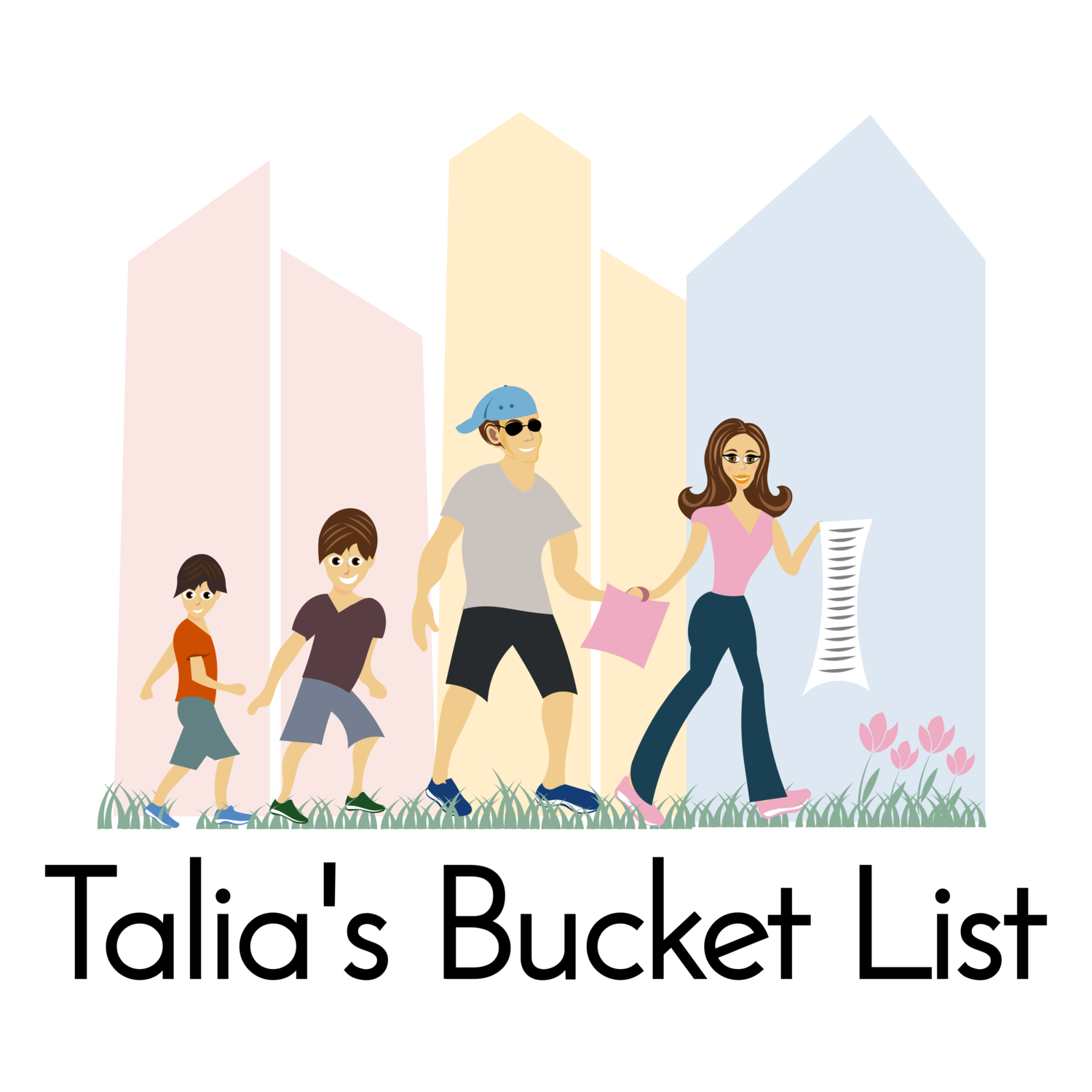The hardest part of chasing an autism diagnosis or sharing an autism diagnosis is the stigma that is associated with the word. In most cases, Autism Spectrum Disorder doesn't really look like what you imagine it to be. It doesn't always look like "Rainman". It's not always severe. More often than not, the shades of autism are pretty subtle. See When You've Met One Person With Autism, You've Met One Person With Autism. Because the spectrum ranges so much, I think it is key for our future to try and de-stigmatize this word to the best of our ability so people can be more understanding, empathetic, less afraid, and more able to relate and bond with children and adults on the spectrum. In a way, just to lift the barrier that exists between neuro-typicals (the scientific phrase used to describe people who fall into a "normal" range of behavior) and people with Autism Spectrum Disorder (ASD). Because sometimes, many characteristics of both types of people overlap and there's really not such a notable difference between a shy and timid neurotypical versus a person with high-functioning autism. By lifting the stigma, we will be able to bridge the gap between humanity.
Years ago, to be diagnosed with ADHD was as isolating as being diagnosed with ASD. But today, how many times a day do you hear from someone "whatever, I definitely have ADHD"? I hope in twenty years time, the weight of the term "Autism Spectrum Disorder" becomes as light as the term "Attention Deficit Hyperactivity Disorder".
The biggest challenge for me with sharing my son's diagnosis was my fear of "outing" other parents who have chosen (and I respect all parents who have) to keep the diagnosis to themselves. Because as I mentioned earlier, Autism doesn't have a distinct look like many other disabilities do. Some people on the spectrum can camouflage into the general population as just shy and quirky. So a lot of parents rightfully keep the diagnosis to themselves because they don't want to brand their child and ruin opportunities in their future. Their child may outgrow symptoms and significantly improve over time, as many children do.
However, my fear of "outing" those parents who remain silent is overrun by my burning need to educate those who don't know what autism is. Those parents deserve to know the truth about autism and need to know how to get their child all the help that is available in their district and state.
I also internally struggled with the idea of sharing information on my blog. I didn't want to seem like I was exploiting my son's diagnosis in any way. Nor was it easy for me to be so public about it, because it puts him under public scrutiny. But I decided that it's for the general good and I'm almost certain that in his own little world, he doesn't mind...so I went with my gut and chose to publish my thoughts.
I can't tell you how many times I've been told by people I hold very dear to my heart that "there is no point to tell anyone." But in my son's case and as a mother with intuition, I know that there most certainly is a point. Besides my need to take G-d's challenge and turn it into positive energy by helping others, I also want everyone to treat my son as though he is their own. And once I opened the doors to tell people about his diagnosis, sure, they looked at him slightly differently, but they were also much more aware of the condition. The responsibility was no longer solely on my (and my husband's) shoulders. There is now always subconsciously an extra eye on him by the pool, or in a playground, or anywhere that poses danger to him.
And it's not only that I wanted to build a safety net for him. I always wanted to build sympathy and compassion and love. I found that once I told people, they started embracing my son and loving him more than before. Rather than just look at him suspiciously and wonder why he appears "slightly off", they had a deeper understanding and were now more charmed than alarmed. They got to see him through the lens of a mother's and father's eyes too. Not only is this the case with adults. When I tell children that my son is delayed and they should approach him a certain way, they are all quick to adjust their behavior and to show him affection. If we teach our kids as early as we can to embrace differences, the future of humanity looks very bright...and my worries, or should I say those of every parent of special needs children, become significantly less.
